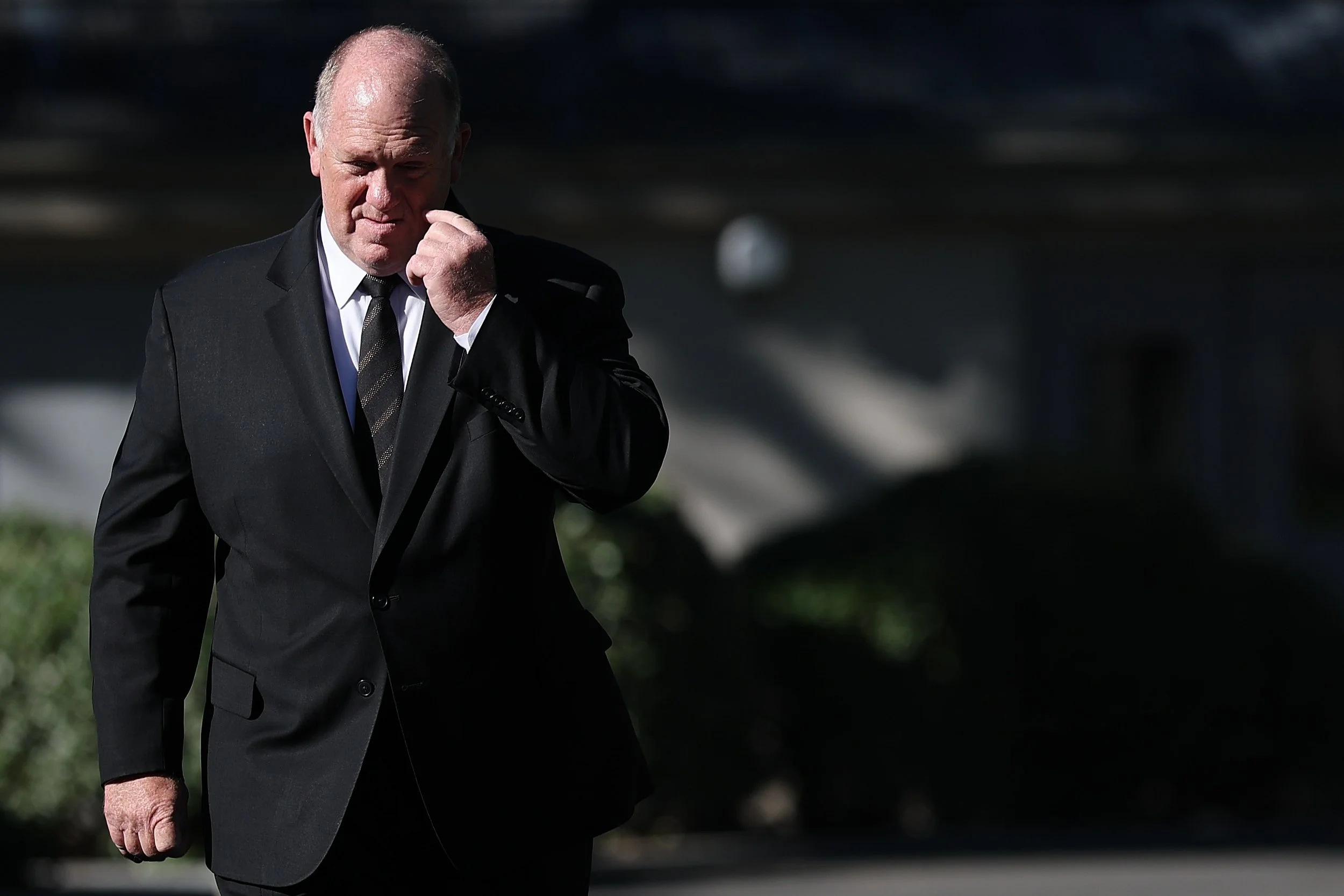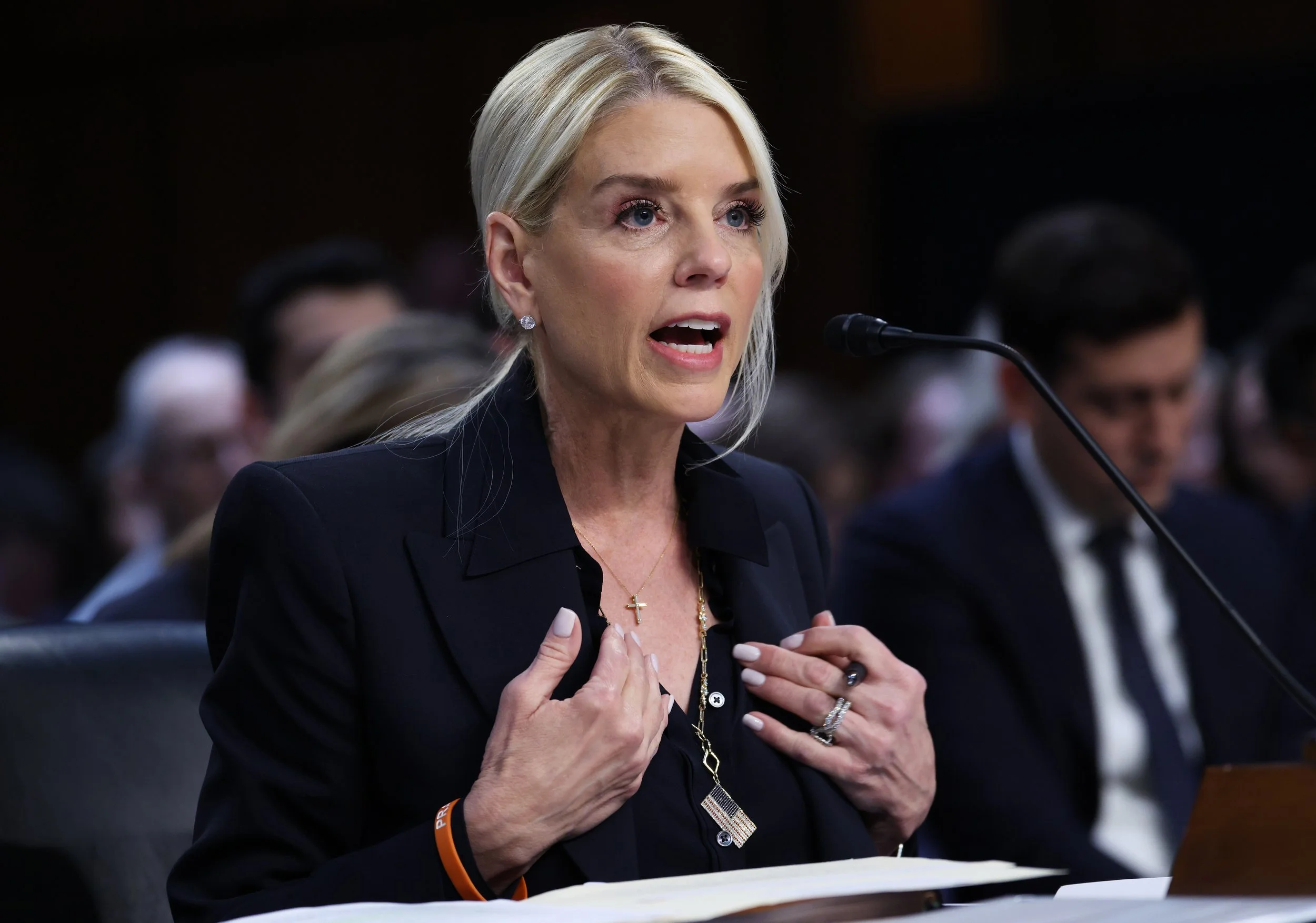Where Have All The Moderates Gone?
Sen. Thom Tillis (R-NC), one of two Senate Republicans who voted against advancing the “Big, Beautiful Bill” this weekend, announced he will not seek reelection in 2026. His decision came shortly after President Trump vowed to support a primary challenger against the two-term senator in retaliation for his vote. Tillis’s opposition to the bill stemmed from steep cuts to Medicaid funding and changes to provider taxes — which he argued broke Trump’s promise not to touch Medicaid.
The bigger issue: Partisan gridlock is making things more difficult for the few lawmakers willing to work across the aisle. “In Washington over the last few years, it's become increasingly evident that leaders who are willing to embrace bipartisanship, compromise, and demonstrate independent thinking are becoming an endangered species,” Tillis said in his statement.
It’s not just Tillis — Sen. Mitt Romney (R-UT), Sen. Kyrsten Sinema (I-AZ), and Sen. Joe Manchin (D-WV) have all chosen not to seek reelection in recent years after opposing their party’s leaders or standing out for promoting a more moderate tone.
It comes as more Americans than ever are identifying as ideologically very conservative or liberal. A Gallup poll from late 2024 found the share of Americans identifying as moderate declined from 43% in 1992 to just 34% in 2024 — but still the largest of any other identification.















